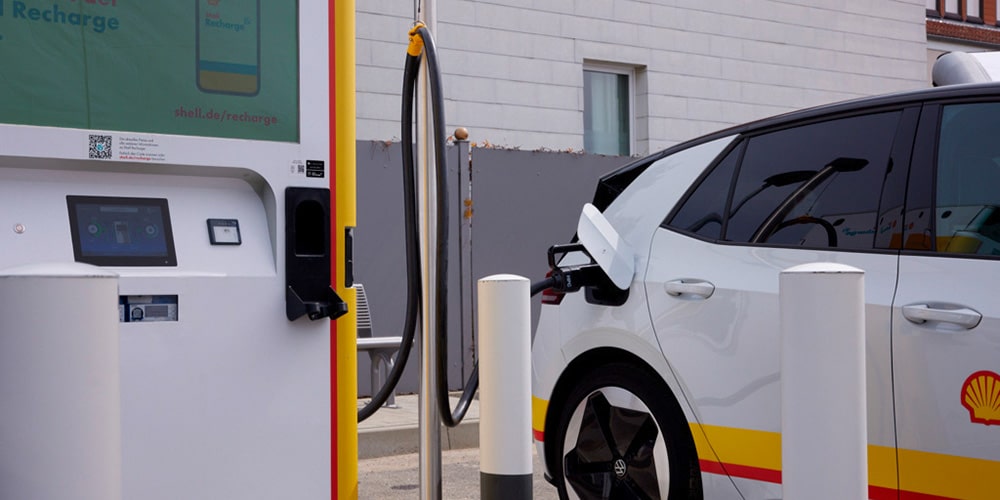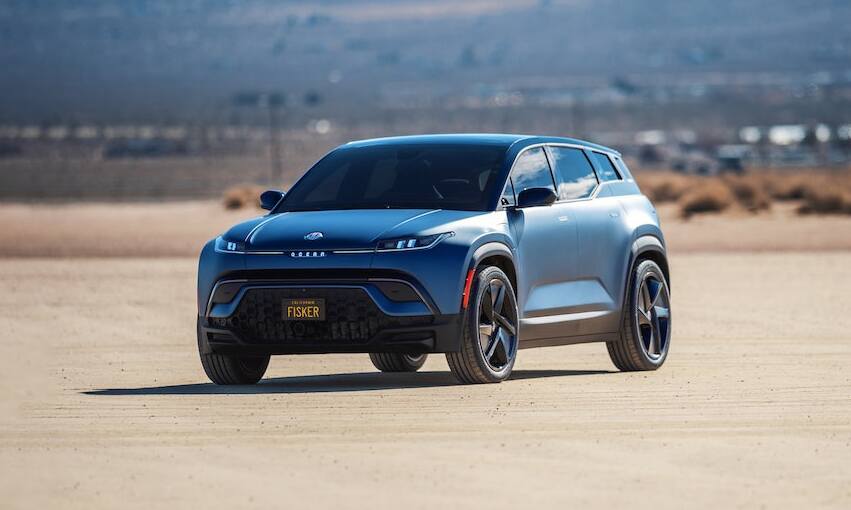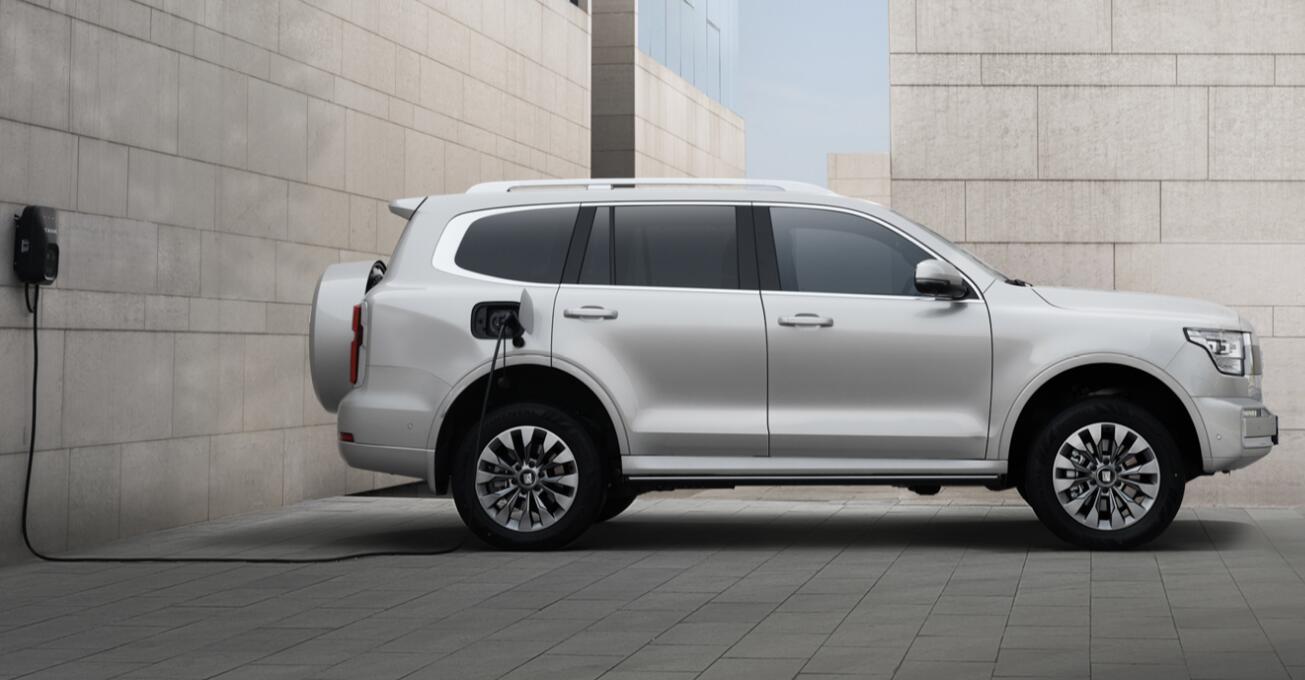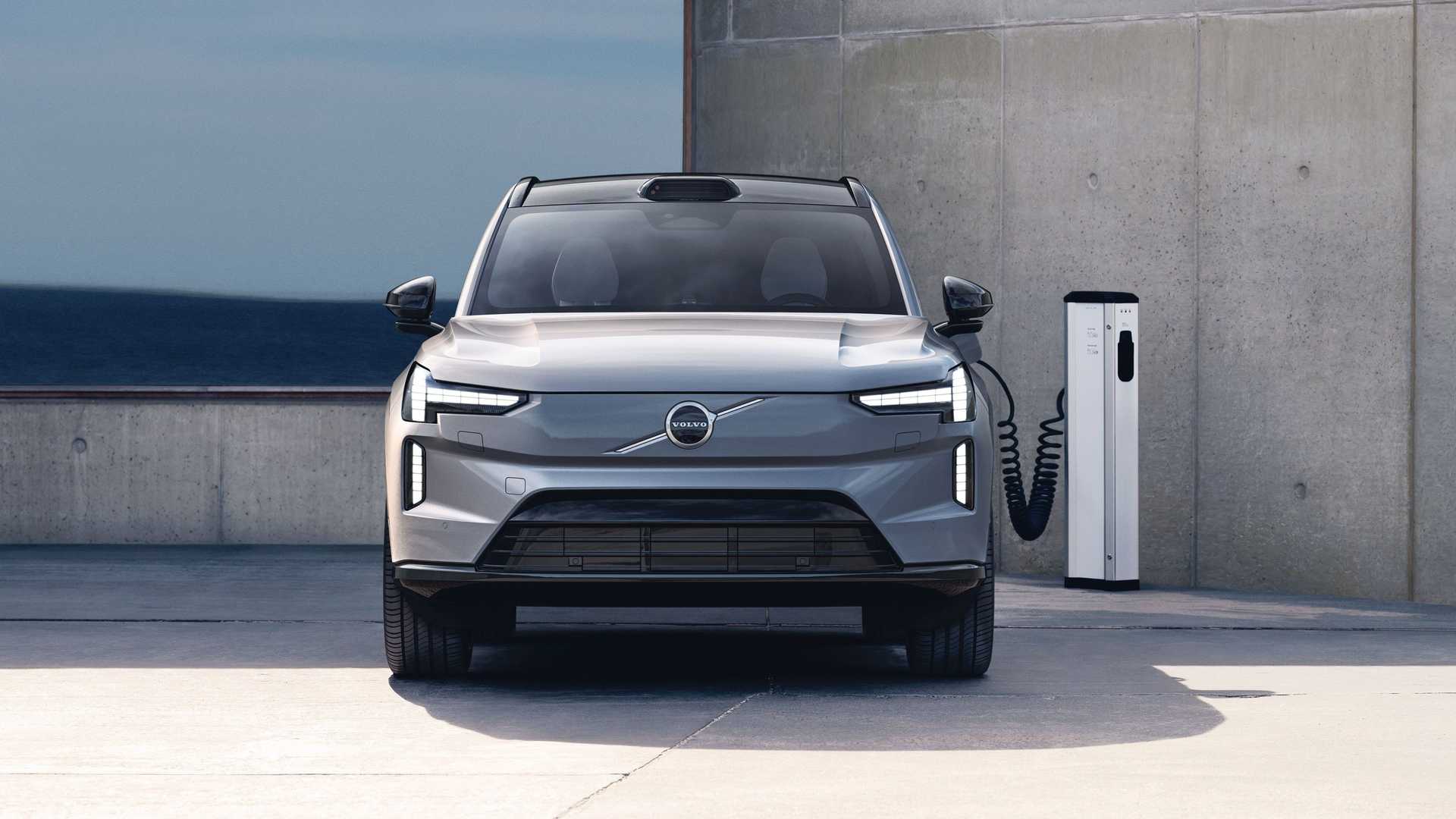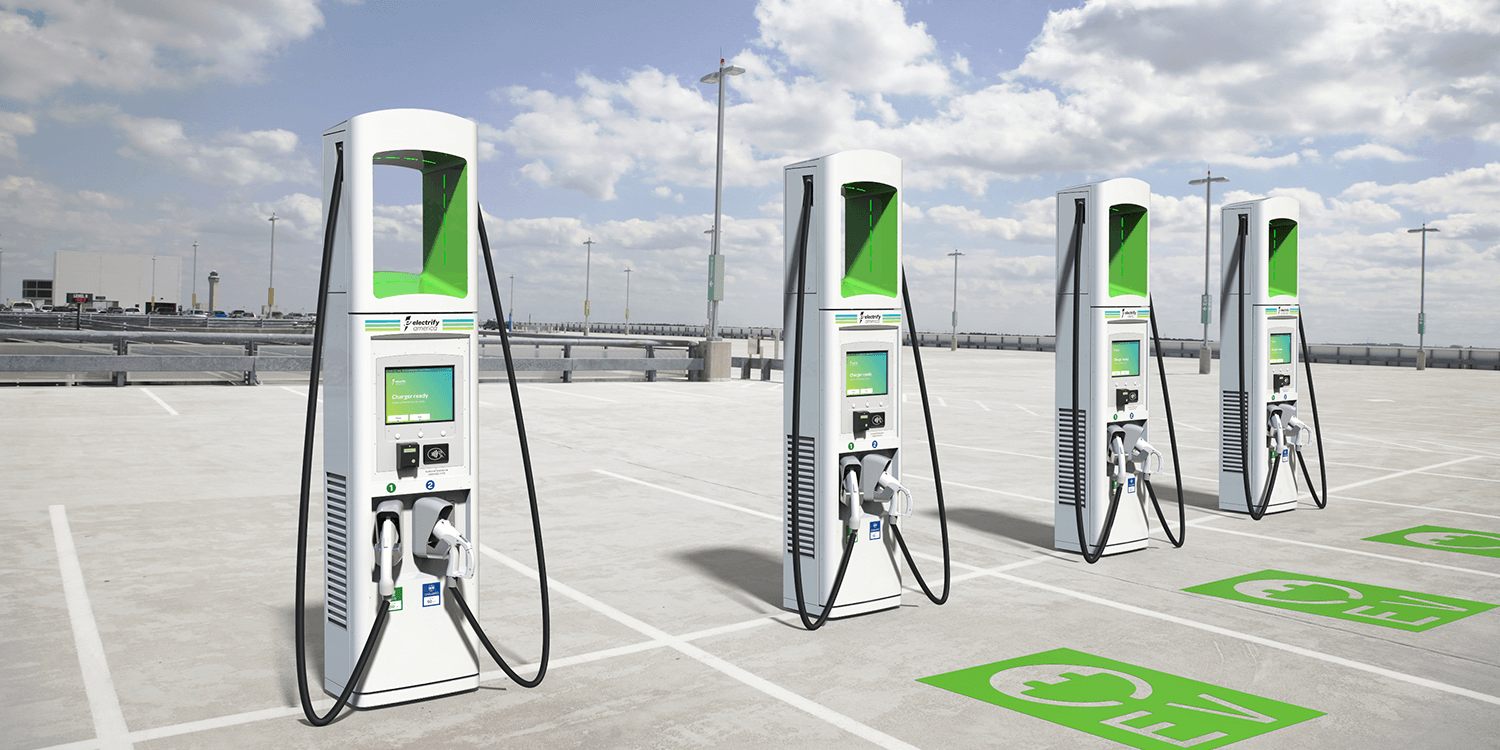A new comprehensive study commissioned by Shell and conducted by LCP Delta reveals that the adoption of electric vehicles (EVs) is rapidly gaining momentum in several crucial European markets. The report highlights the significant impact of this surge in EV adoption on driver perceptions, including the alleviation of range anxiety. These findings align with the remarkable global growth witnessed in EV sales over the past year.
The Shell Recharge EV Driver Survey 2023 stands as one of the most extensive research projects examining the attitudes and behaviors of European EV drivers. Now in its sixth consecutive year, this latest report examines the insights from nearly 25,000 drivers hailing from Belgium, France, Germany, Italy, the Netherlands, and the United Kingdom.
According to the study, a notable 42% of respondents have acquired an EV within the past year, while over two-thirds (67%) have made the transition to EV ownership within the last two years. This surge in adoption primarily stems from the new EV vehicle market, as an overwhelming 87% of current EV drivers have purchased their vehicles in new condition. In comparison, this figure stands at a mere 27% for all vehicles in Europe.
See also: Shell partnering with BYD for developing an electric vehicle battery charging network
The research data demonstrates that real-world EV experience, technological advancements, and the expansion of charging infrastructure are significantly influencing driver attitudes:
- Only 14% of EV drivers report refraining from taking longer journeys due to range concerns.
- The number of respondents who undertake cross-border trips within Europe using EVs, coupled with positive charging experiences, has risen by 5 percentage points. Simultaneously, apprehension about driving abroad due to charging or range anxieties has decreased by 7 and 5 percentage points, respectively.
- Drivers are becoming more at ease regarding the charging frequency of EVs, with 47% of respondents stating that they do not need to charge their vehicles daily.
Florian Glattes, Vice President of E-Mobility Solutions at Shell, expressed his enthusiasm about the clear growth trajectory of EV adoption, emphasizing the importance of addressing drivers’ needs to sustain this accelerated pace. Glattes stressed the necessity for industry stakeholders to collaborate in removing entry barriers and further enhancing the customer experience.
See also: Polestar survey : US drivers purchase EVs for reasons other than environmental benefits
One of the key demands voiced by EV drivers is a simplified ecosystem of apps and cards to optimize access to services. The study reveals that nearly a quarter (23%) of drivers have installed four applications to manage and maximize the benefits of their EVs. The same figure applies to drivers who possess four or more charge cards to access public charging infrastructure.
However, there is a strong inclination towards a more streamlined and seamless experience. Approximately 47% of respondents express a preference for a single method of accessing all public charge points, even if it means paying slightly more per charge.
The research also establishes a clear correlation between EV ownership and a broader commitment to a low-carbon lifestyle, extending to a willingness to make additional changes to maximize the advantages of their vehicles. Nearly half (47%) of EV drivers have invested in at-home solar power, while 36% have installed smart home thermostats.
Consequently, two-thirds of respondents (66%) express the desire for their charge point provider to offer EV-specific energy tariffs. Additionally, 48% of drivers seek smart charging services as part of their charge point packages, while 33% express interest in incorporating devices like solar panels and home batteries.
The report outlines multiple opportunities for businesses to engage in the charging ecosystem through destination charging. As nearly half (44%) of EV drivers do not have a charge point installed at home, these partners can play a vital role in supporting the growing demand for charging infrastructure and enhancing the overall customer experience.
From the retailer’s perspective, this engagement can potentially unlock new revenue streams by attracting new customers and increasing dwell times. In fact, nearly half (49%) of EV drivers currently choose where to shop and travel based on the availability of charge points. Furthermore, 57% indicate that they would visit destinations more frequently if adequate charge points were available.
With EV adoption surging and drivers displaying an increasing affinity for sustainable travel, it is crucial for businesses and industry stakeholders to seize the opportunities presented by the charging ecosystem. By addressing drivers’ needs, collaborating to remove barriers, and fostering a seamless charging experience, the electric mobility transition can continue to gain momentum and shape the future of transportation across Europe.

